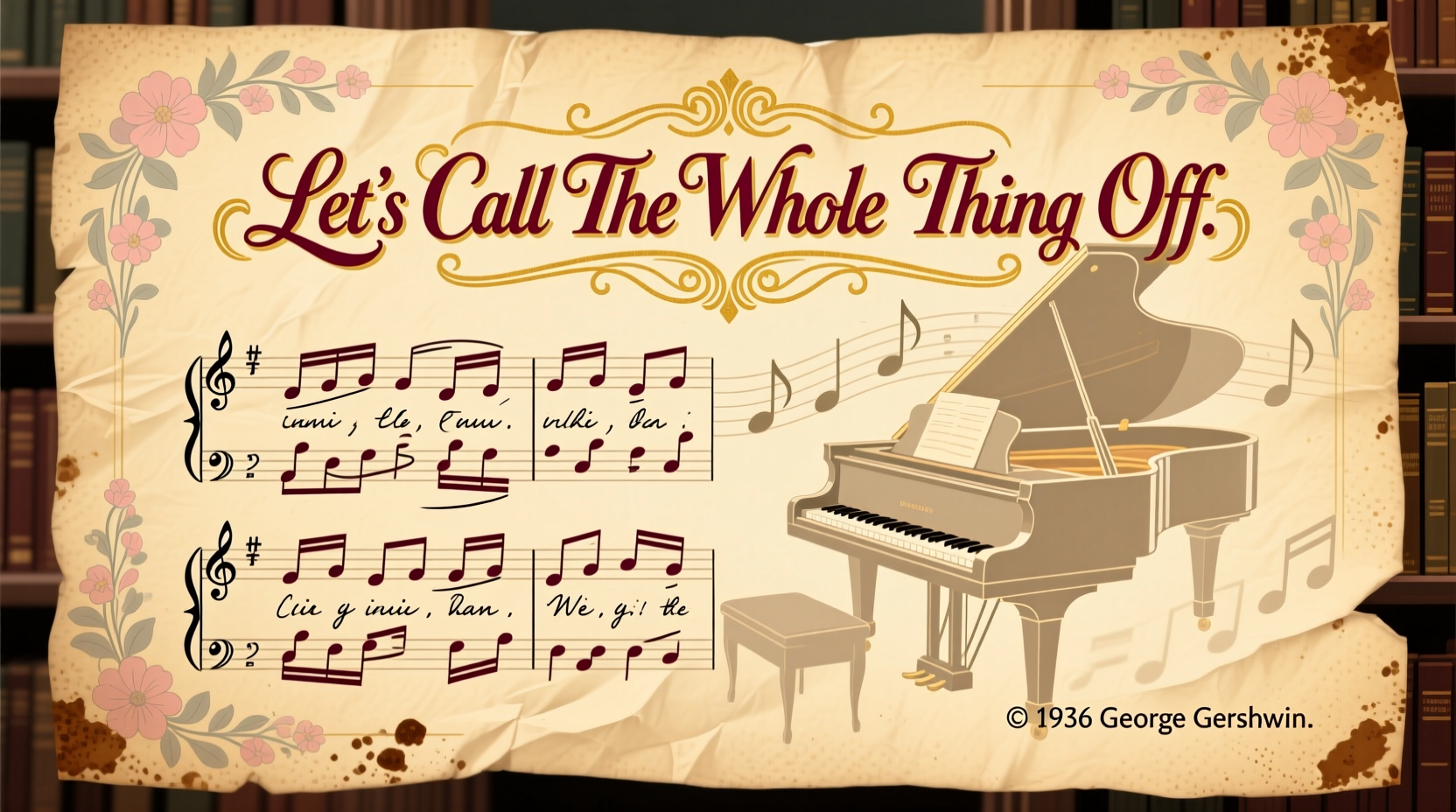Ever wondered why \"you say tomato\" became such a famous expression? This isn't just about a fruit (yes, botanically a fruit!)—it's a window into the fascinating world of linguistic evolution and cultural identity. In this guide, you'll discover exactly how a simple pronunciation difference became an enduring symbol of transatlantic communication, complete with historical context, linguistic analysis, and practical insights you can use in everyday conversations.
What \"You Say Tomato\" Really Means
When someone says \"you say tomato, I say tomahto,\" they're referencing the distinct vowel sounds used in American versus British English. Americans typically pronounce \"tomato\" with a long \"a\" sound (tuh-MAY-toe), while Brits use a broader \"a\" (tuh-MAH-toe). This isn't an isolated case—it represents a pattern of vowel pronunciation differences that developed as English evolved across the Atlantic.
Linguists identify this as part of the \"trap-bath split,\" where certain vowel sounds diverged after English spread to America. The same pattern appears in words like \"potato\" (poh-TAY-toe vs. puh-TAH-toe) and \"pasta\" (PAS-tuh vs. PAR-stuh). These differences emerged naturally as language evolved in separate communities with minimal contact during the 17th-19th centuries.
| Word | American Pronunciation | British Pronunciation | IPA Transcription |
|---|---|---|---|
| Tomato | tuh-MAY-toe | tuh-MAH-toe | /təˈmeɪtoʊ/ vs /təˈmɑːtoʊ/ |
| Potato | poh-TAY-toe | puh-TAH-toe | /pəˈteɪtoʊ/ vs /pəˈtɑːtoʊ/ |
| Pasta | PAS-tuh | PAR-stuh | /ˈpæstə/ vs /ˈpɑːstə/ |
| Dance | dans | dahns | /dæns/ vs /dɑːns/ |
From Song Lyric to Cultural Shorthand
The phrase entered mainstream consciousness through George and Ira Gershwin's 1937 song \"Let's Call the Whole Thing Off\" performed by Fred Astaire and Ginger Rogers in \"Shall We Dance.\" The lyrics playfully contrast American and British pronunciations:
\"You like potato and I like potahto,
You like tomato and I like tomahto
Potato, potahto, tomato, tomahto!
Let's call the whole thing off!\"
According to the Library of Congress, the song was an instant hit, reaching #1 on the charts and embedding these pronunciation differences in popular culture. The Gershwins cleverly used these linguistic variations as a metaphor for relationship disagreements—something so trivial it shouldn't end a partnership.

Why These Pronunciation Differences Exist
The divergence in pronunciation stems from the Great Vowel Shift (1350-1700), a major change in English vowel pronunciation. When American colonists left England, they carried earlier pronunciation patterns that continued evolving differently on each side of the Atlantic.
Research from the Oxford Research Encyclopedia of Linguistics shows that American English preserved some 17th-century pronunciations that changed in Britain. The broader \"a\" sound in British English developed later as part of the trap-bath split, particularly in southern England.
Evolution of a Linguistic Expression
The phrase's journey from song lyric to cultural touchstone follows this clear trajectory:
- 1937: Gershwin song introduces the phrase to mainstream audiences
- 1940s-1950s: Phrase appears in newspapers and radio shows as shorthand for cultural differences
- 1960s-1980s: Linguists begin using it as an example in phonetics education
- 1990s-present: Phrase evolves into a meme format, appearing in internet culture and marketing
According to the Encyclopædia Britannica, the phrase gained renewed popularity during the 1990s as globalization increased transatlantic communication. It's now commonly used in business settings to acknowledge minor but noticeable cultural differences without implying superiority of either variant.
When \"You Say Tomato\" Matters (and When It Doesn't)
Understanding this phrase helps in several practical situations:
- Travel communication: Recognizing these differences prevents misunderstandings when ordering food or asking for directions
- Media consumption: Helps when watching British or American shows without subtitles
- Language learning: Provides context for English learners navigating different dialects
- Professional settings: Useful in international business to acknowledge linguistic diversity respectfully
However, it's important to recognize that these pronunciation differences rarely cause actual communication problems. As linguist David Crystal notes in English as a Global Language, mutual intelligibility between American and British English remains extremely high—over 98%—despite these surface differences.
Modern Usage Beyond the Original Meaning
Today, \"you say tomato\" has evolved beyond its linguistic roots to represent any minor disagreement where both positions are equally valid. You'll hear it used in contexts completely unrelated to pronunciation:
- \"You say analytics, I say metrics—we're both measuring performance.\"
- \"You say work-life balance, I say integrated living—let's focus on what matters.\"
This semantic broadening reflects how language naturally evolves through usage. The phrase has become a linguistic tool for diffusing tension around trivial differences while acknowledging multiple valid perspectives.
Practical Tips for Navigating Pronunciation Differences
Whether you're traveling, watching foreign films, or working with international colleagues, these strategies help:
- Listen for patterns: Notice if someone uses broad \"a\" sounds in multiple words (bath, dance, grass)
- Don't overcorrect: Attempting to mimic another dialect often sounds unnatural—focus on clear communication instead
- Ask politely: \"How do you pronounce that where you're from?\" shows cultural awareness
- Embrace the variation: Recognize that both pronunciations are equally \"correct\" within their linguistic contexts
Remember that language variation reflects cultural richness, not correctness. As the British Council emphasizes, there are now more non-native English speakers than native ones worldwide, making flexibility with pronunciation differences increasingly valuable.











 浙公网安备
33010002000092号
浙公网安备
33010002000092号 浙B2-20120091-4
浙B2-20120091-4